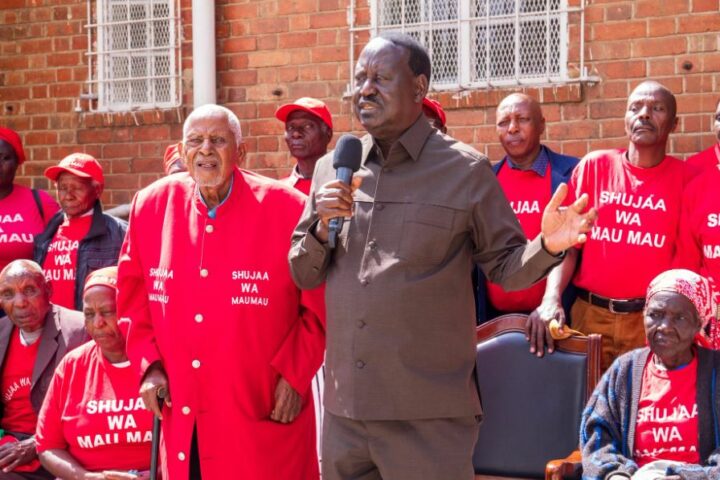 In the dynamic landscape of digital finance, the concept of Bitcoin zero-confirmation transactions emerges as a beacon of instantaneous transaction processing.
In the dynamic landscape of digital finance, the concept of Bitcoin zero-confirmation transactions emerges as a beacon of instantaneous transaction processing.
Picture a world where waiting for confirmations becomes a relic of the past, and transactions occur in the blink of an eye. This article delves into the intricacies of zero-confirmation transactions within the Bitcoin ecosystem.
In addition, you can find an investment education company to start your learning journey by visiting Bitcoin Billionaire.
Defining Zero-Confirmation Transactions in the Bitcoin Context
Zero-confirmation transactions within the Bitcoin ecosystem denote transactions that have been broadcasted to the network but have not yet received confirmations from miners and subsequently added to the blockchain.
Unlike traditional financial transactions, where a centralized authority verifies and records transactions, Bitcoin operates on a decentralized network where transactions are validated through a process called mining.
In essence, when you initiate a Bitcoin transaction, it gets propagated across the network, indicating your intent to transfer funds. However, until miners include your transaction in a block and add it to the blockchain, it remains in a state of pending confirmation. This interim period, where the transaction awaits confirmation, is what we refer to as a zero-confirmation transaction.
Despite not being officially recorded on the blockchain, zero-confirmation transactions hold significance, particularly in scenarios that demand swift transaction processing.
For instance, in retail environments or peer-to-peer transfers, waiting for confirmations could result in delays and hinder the seamless flow of transactions.
Zero-confirmation transactions address this challenge by providing near-instantaneous validation, enabling users to transact swiftly without the need to wait for confirmations.
Real-Time Transaction Processing: Breaking the Confirmation Barrier
Real-time transaction processing represents a revolutionary advancement in the world of Bitcoin, where the conventional confirmation barrier is circumvented, allowing for instantaneous transaction validation.
Unlike traditional banking systems that rely on intermediaries to authenticate transactions, Bitcoin leverages a decentralized network of miners to verify and add transactions to the blockchain.
With zero-confirmation transactions, users can enjoy the benefits of real-time transaction processing, eliminating the need to wait for confirmations to finalize transactions.
This capability opens up new possibilities for Bitcoin adoption in various industries, including retail, hospitality, and online commerce, where speed and efficiency are paramount.
Imagine you’re purchasing a cup of coffee at a café that accepts Bitcoin payments. Instead of waiting for confirmations, which could take several minutes or even longer during periods of network congestion, zero-confirmation transactions enable instantaneous payment processing.
This not only enhances the user experience but also promotes the widespread adoption of Bitcoin as a viable medium of exchange.
The Role of Double-Spending and Security Concerns
Double-spending poses a significant challenge in the realm of zero-confirmation transactions, as it undermines the integrity and security of the Bitcoin network.
Double-spending occurs when an individual attempts to spend the same Bitcoin funds twice before the transaction is confirmed and added to the blockchain. This malicious act can result in financial losses and erode trust in the Bitcoin ecosystem.
To address the threat of double-spending, various security measures and protocols have been implemented within the Bitcoin network. For instance, merchants and service providers may employ transaction monitoring tools to detect and prevent fraudulent activities.
Additionally, strict acceptance policies and risk assessment mechanisms help mitigate the risks associated with zero-confirmation transactions.
Despite the security concerns, zero-confirmation transactions offer significant advantages in terms of speed and efficiency, making them an attractive option for businesses and individuals seeking seamless transaction processing.
However, it’s essential to remain vigilant and implement robust security measures to safeguard against potential threats and ensure the integrity of the Bitcoin network.
Conclusion
In a realm where speed is of the essence, Bitcoin zero-confirmation transactions stand as a testament to innovation and efficiency. By bypassing the traditional confirmation barrier, these transactions pave the way for instantaneous value transfer in the digital age. However, amidst the promise of speed lies the ever-present challenge of security.
As we navigate the complexities of zero-confirmation transactions, it’s imperative to strike a balance between speed and security, ensuring the integrity of the Bitcoin network.
Embracing the evolution of transaction processing, we embark on a journey towards a future where efficiency and security harmonize seamlessly.








